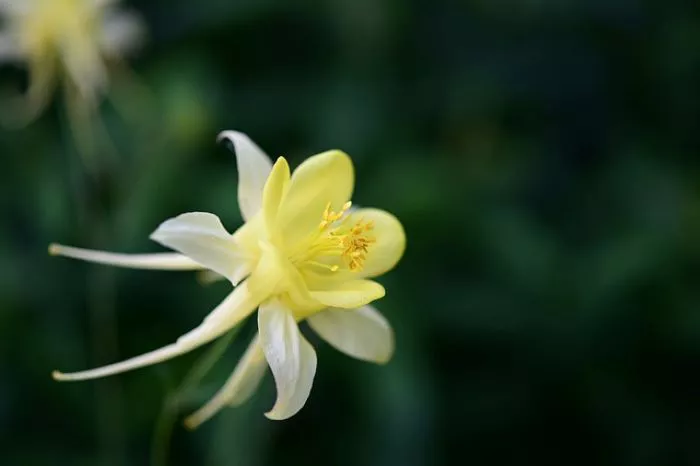Flowers are among the most beautiful and diverse creations in nature. They capture our attention with their vibrant colors, unique shapes, and delightful fragrances. Beyond their aesthetic appeal, flowers play crucial roles in ecosystems, human culture, and personal well-being. This article explores what makes flowers special, highlighting their biological significance, cultural importance, and benefits to mental health.
Biological Significance of Flowers
Flowers are the reproductive structures of flowering plants, known as angiosperms. They serve essential functions in the life cycle of plants. Understanding these functions reveals the importance of flowers in nature.
Reproduction
The primary purpose of flowers is reproduction. They contain male and female reproductive organs. The male parts, called stamens, produce pollen, while the female parts, known as carpels, contain ovules. Pollination occurs when pollen from the stamens reaches the carpels, leading to fertilization and seed formation. This process ensures the continuation of plant species.
Pollination
Flowers attract pollinators such as bees, butterflies, birds, and other insects. Bright colors and sweet fragrances lure these creatures, facilitating the transfer of pollen. This relationship is vital for the reproduction of many plants. Approximately 75% of flowering plants depend on animal pollinators. This mutualistic relationship benefits both plants and pollinators, as plants receive assistance in reproduction while pollinators obtain food.
Diversity of Forms
Flowers come in various shapes, sizes, and colors. This diversity helps plants adapt to different environments and attract specific pollinators. For instance, tubular flowers may attract hummingbirds, while flat flowers may be more appealing to butterflies. This specialization enhances the chances of successful pollination and seed production.
Cultural Importance of Flowers
Flowers hold significant cultural value across the globe. They are often symbols of emotions, traditions, and celebrations. Understanding their cultural significance helps us appreciate their role in human society.
Symbolism
Different flowers carry specific meanings and symbolism. For example, roses often symbolize love and passion, while lilies represent purity and renewal. These meanings can vary by culture and context. Flowers are frequently used in literature, art, and religious ceremonies, serving as powerful symbols that convey emotions and messages.
Celebrations and Rituals
Flowers play a central role in many cultural celebrations and rituals. They are commonly used in weddings, funerals, and festivals. In weddings, flowers symbolize love and commitment. In funerals, they represent remembrance and honor for the deceased. Festivals often feature floral displays, showcasing the beauty of nature and the changing seasons.
Gifts and Expressions
Flowers are popular gifts for various occasions. They express feelings of love, gratitude, sympathy, and celebration. Giving flowers is a universal gesture that transcends language and cultural barriers. The act of gifting flowers can strengthen relationships and convey emotions that words may not fully express.
Benefits to Mental Health
Flowers have a profound impact on mental health and well-being. Research indicates that exposure to flowers and nature can enhance mood and reduce stress. Understanding these benefits highlights the importance of flowers in our daily lives.
Mood Enhancement
Studies have shown that flowers can improve mood and create feelings of happiness. The presence of flowers in living spaces can evoke positive emotions and increase overall life satisfaction. Their vibrant colors and pleasant scents stimulate the senses, promoting feelings of joy and contentment.
Stress Reduction
Being around flowers and nature can significantly reduce stress levels. Studies indicate that individuals who spend time in gardens or green spaces experience lower levels of anxiety and depression. Flowers can create a calming atmosphere, helping people relax and unwind. Incorporating flowers into home or office environments can contribute to a more peaceful and inviting space.
Therapeutic Uses
Horticultural therapy is a practice that uses plants and gardening to improve mental health. Engaging with flowers and nature can promote mindfulness and provide a sense of purpose. Activities like planting, arranging flowers, and caring for plants can be therapeutic, helping individuals connect with nature and themselves.
Conclusion
Flowers are special for many reasons. Their biological significance in reproduction and pollination is crucial for the survival of plant species and the health of ecosystems. Culturally, flowers hold deep meanings and are integral to celebrations and expressions of emotions. Moreover, their presence can enhance mental well-being, reduce stress, and promote happiness. By appreciating the multifaceted roles of flowers, we can better understand their importance in our lives and the natural world. Whether in a garden, a bouquet, or a wildflower field, flowers continue to inspire and uplift us, making them truly special creations of nature.


